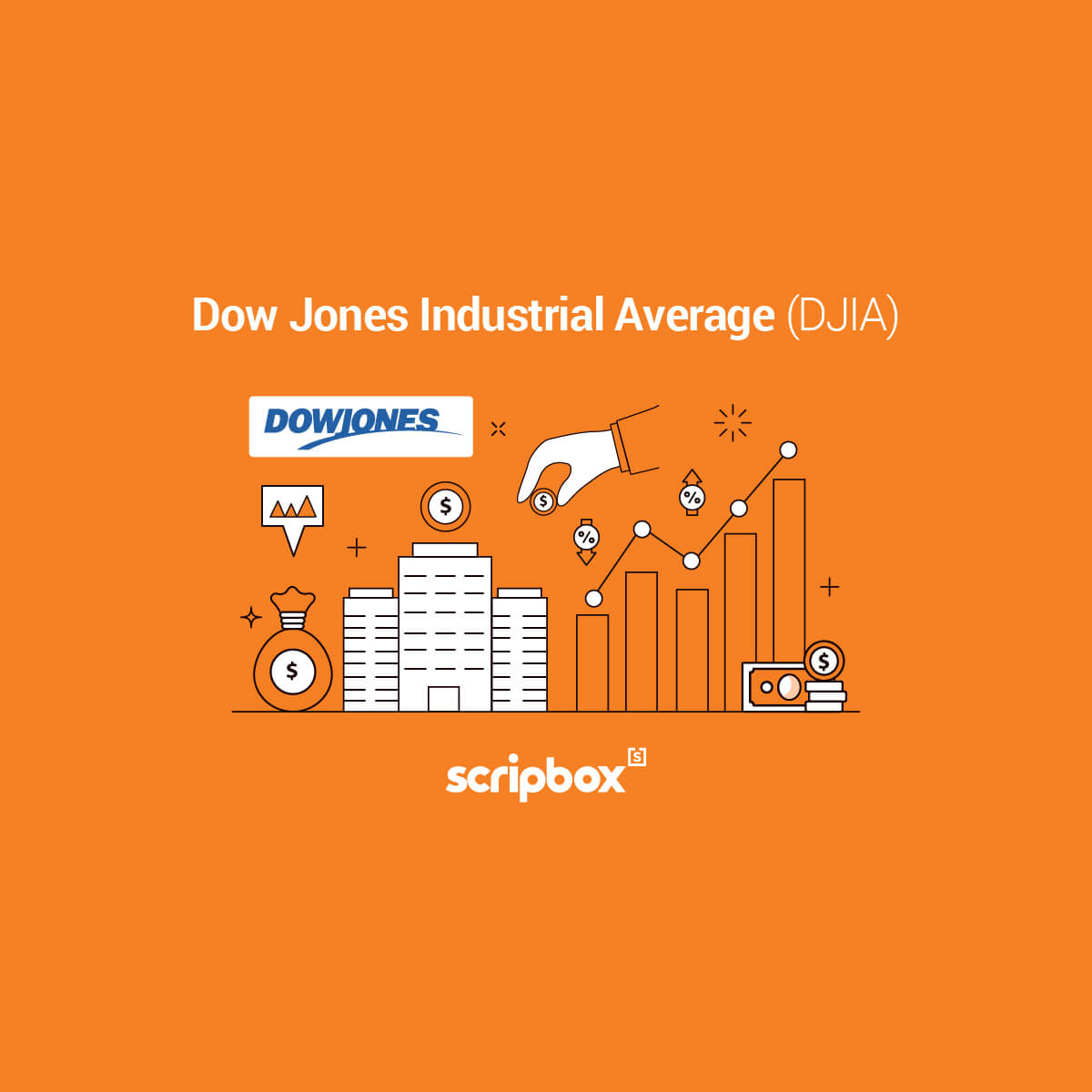In this article
5 Mins
Article Content
- What is Trading?
- What is Investing?
- Trading Vs Investing: Key Differences
- Trading Vs Investing: Which is Better?
- Who Should Invest and Who Should Trade?
- Frequently Asked Questions
What is Trading?
Trading is a short-term process that involves buying and selling stocks, commodities, currencies, derivatives or other financial instruments. The primary objective is to make profits from the short-term movement in prices of these securities. Hence, traders take advantage of market volatility by frequently buying and selling stocks or securities. Also, traders assess these opportunities using trading systems or chart-based techniques to detect short-term price patterns. The short-term patterns help know the support and resistance level along with entry and exit points. This is called technical analysis.
Even though trading offers good liquidity and profits, traders must also understand that it is also the easiest way of losing money. Hence, this strategy is risky and not suitable for beginners.
What is Investing?
Investing is a long-term approach where the objective is to buy stocks or other financial instruments that generate returns over a long period of time. This method requires patience because investors must hold these stocks for years or decades. Also, buying the company stocks and holding them for years gives them the benefit of dividends, bonuses, buybacks, stock splits, etc. Therefore, investors are prepared to experience the market’s ups and downs as they believe in the long-term perspective for investment.
Investing involves fundamental research like price-to-earnings ratio, management history, etc., and identifying the potential investment target. Also, investing aims to create a portfolio with different stocks and instruments that can increase in value over time. Furthermore, the process of investing doesn’t recommend selling the holdings frequently. Ideally, sell during an emergency or when the stock reached its target. However, investors must also keep track of their stock investments as they are volatile, and any change or news may sometimes have a long-term impact on such stocks.
Read about fundamental analysis vs technical analysis.
Trading Vs Investing: Key Differences
The following table helps to understand the difference between investing vs trading.
| Parameter | Investing | Trading |
| Objective | To buy and hold stocks for the long term and grow capital | To buy stocks for the short term and capitalize on mispricing in the market |
| Risk | Lower | Higher |
| Investment Period | Long-term – few years or decades | Short term – few seconds or few days/months |
| Capital growth | Creating wealth by minimising risk | Making short-term profits |
| Income | Earns regular income in the form of dividends or bonus | Only makes strategies to earn profits. |
| Efforts | More efforts to analyzing the company stock initially | Regular efforts for analysis to identify opportunities |
| Leverage Provided | No | Yes |
| Type of analysis required | Fundamental analysis | Technical analysis |
| Frequency of tracking investment | Medium | High |
| Investment Product | Stocks and options | Stocks, bonds, ETFs, mutual funds |
| Costs | Limited fees due to limited transactions | Higher fees due to frequent buying and selling |
| Capital Gains | Long term and short term | Only short term |
Trading Vs Investing: Which is Better?
Investing is comparatively easy than trading. While investing requires understanding the company’s financial strength and entering it. Trading requires high market skills, real-time analysis, and identifying the stock price movement in a fraction of a second to execute.
Retail investors who have little time and want passive income can invest their money. There is more probability of capital appreciation. On the other hand, a person with proper knowledge and a great sense of the market can try their luck in trading. However, it is not recommended. As the probability of loss is quite high.
Based on one’s risk tolerance levels, patience, knowledge, and expertise, one can choose both or either of these. Investing is long-term and has lesser risk, while trading is short-term and has more risk. Also, both have the potential to earn profits. Trading can be thrilling to earn quick cash, but it is like gambling which can also lead to big losses. Investing leads to long-term wins but with few severe losses.
Who Should Invest and Who Should Trade?
When understanding the stock market activities, you must understand the time you can devote. If you can spend hours reading charts and graphs daily, trading benefits you. Otherwise, you can choose to invest for the long term.
Similarly, if you wish to invest, equity research is required, where a lot of hard work involves analyzing financial statements, company growth, history, and financial projections. But if you enjoy doing both technical and fundamental analysis, then you can consider playing in the market. However, it requires organizing the actions and keeping both activities distinct.
In short, traders and investors have different requirements for skill and capital. Trading requires a large amount of capital. Also, investors need to be good at fundamental analysis, and traders need to be good at technical analysis.
Frequently Asked Questions
Which is more risky, trading or investing?
Trading involves more risk as it is a high-risk-reward proposition. Investing is a long-term strategy and involves comparatively lesser risk.
Who earn more profits, traders or investors?
Both have the potential to earn profits. But traders can earn instant profits only when they make the right decisions, and the market also performs accordingly. At the same time, the chance of losing money is also high for traders.
What are the types of trading?
The four types of trading are swing trading, position trading, day trading and scalp trading.
What are the types of investing?
The different types of investing styles are active investing, passive investing, value investing, growth investing, index investing and market cap based investing.
Related Articles






